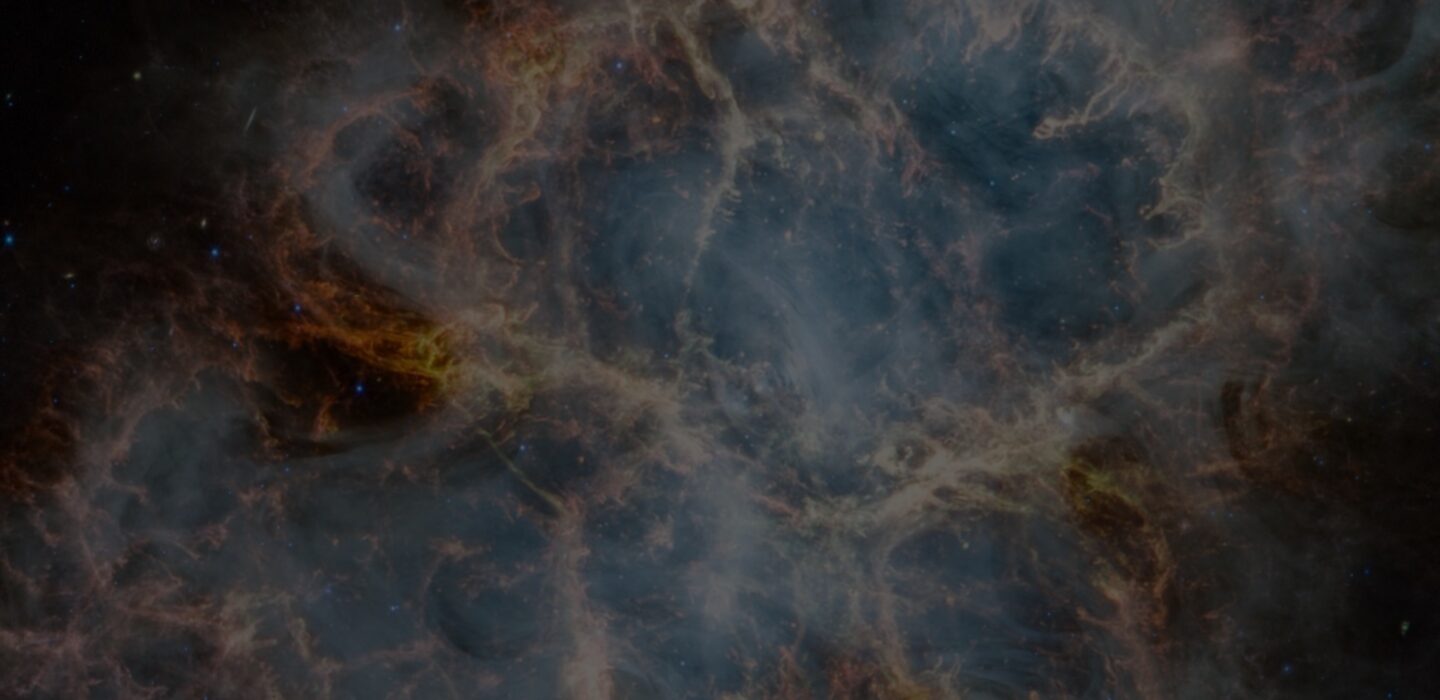MIT welcomes 2023 Heising-Simons Foundation 51 Pegasi b Fellow Juliana García-Mejía
MIT’s School of Science welcomes Juliana García-Mejía, one of eight recipients of the 2023 51 Pegasi b Fellowship. The announcement was made March 30 by the Heising-Simons Foundation.
The 51 Pegasi b Fellowship provides postdocs with the opportunity to conduct theoretical, observational, and experimental research in planetary astronomy.
García-Mejía, who expects to complete her doctorate in astronomy and astrophysics at Harvard University this spring, will be hosted by the MIT Kavli Institute for Astrophysics and Space Research. She will be mentored by principal investigator Andrew Vanderburg as she works to fashion innovative astronomical instruments to discover and characterize terrestrial exoplanets around small, cool stars.
“I’m an instrument builder at heart,” says García-Mejía. “I love spending time in the lab figuring out how to translate a scientific question into an instrument that can help to answer it. The coolest question out there for me continues to be, ‘Is there life elsewhere in the universe?’”
Growing up in Colombia, García-Mejía split time between helping to repair equipment at her maternal family’s fitness business and gazing up at the stars from her paternal family’s coffee farm. She credits this eclectic upbringing with preparing her, in part, to be the principal investigator of the Tierras Observatory atop Mt. Hopkins, Arizona. While earning her PhD, García-Mejía was charged with transforming a once-shuttered 1.3-meter telescope for new service. She led all aspects of the design, construction, and recommissioning of Tierras, an exquisitely precise, fully automated photometer that accelerates the discovery of terrestrial exoplanets orbiting small, cool stars called M-dwarfs.
“Most PhD students do not get the opportunity to build something as comprehensively as I did,” says García-Mejía. It was high risk, but it made my eureka moment — seeing that first image after Tierras came online — so special.”
The improvements García-Mejía led include a novel optical system that allows the telescope to image a larger swath of sky, a custom filter that de-clutters atmospheric effects like water vapor from images, and a robotic mode to capture data night after night.
“The reason Tierras can study terrestrial exoplanets, the possible moons of these and larger worlds, and their host stars, is because it was purpose-built for reaching a high level of precision,” she says. “We can detect tiny changes in the brightness variation of the star from the ground while inoculating our observations from the perilous effects of the atmosphere. No other ground-based facility can do this.”
During her fellowship, García-Mejía will use Tierras to find Earth-like planets around M-dwarf stars, undertake a systematic search for moons and rings around exoplanets, and study the stars themselves to understand their impact on the planets they host. In tandem with this work, García-Mejía will design a next-generation, high-resolution instrument with the goal of one day enabling oxygen detection in exoplanet atmospheres. Her research will bolster the census of newfound worlds — prime targets for the James Webb Space Telescope to probe for signs of habitability.
Established in 2017, the Heising-Simons Foundation’s 51 Pegasi b Fellowship is named for the first exoplanet discovered orbiting a sun-like star. The growing field of planetary astronomy studies celestial objects both within and beyond our solar system, bridging planetary science and astronomy. From accelerating our understanding of planetary system formation and evolution in our solar system and beyond to advancing new technologies for detecting Earth-like worlds, 51 Pegasi b Fellows make unique contributions to the field.
The other 51 Pegasi b Fellows and their host institutions this year are Huazhi Ge and Yapeng Zhang (Caltech); Akash Gupta (Princeton University); Rixin Li (University of California at Berkeley); Ben K. D. Pearce (Johns Hopkins University); Maria Steinrueck (University of Chicago); and Samuel Yee (Harvard).
The fellowship provides up to $415,000 of support over three years for independent research, a generous salary and discretionary fund, mentorship at host institutions, an annual summit to develop professional networks and foster collaboration, and an option to apply for another grant to support a future position in the United States.
